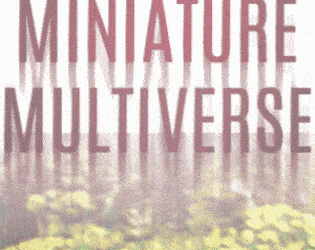Recently I've been talking to the 'target demographic'. Pretty insightful so I thought I should share this info. Some may know this already, it might seem like common sense to some but anyway.
Steam game collectors, will only buy from Steam. They consider itch to be low-par. Which is funny to me, because they seem to not really try itch... Anyway.
The time it takes to upload into Steam can take days, costs 100$ for Steam Direct (which his ok I guess because it goes to charity, probably tax deductible because its then technically a donation?)
Itch is a bazillion times easier to use, and updating a game is easy.
So my plan is to:
1. Release early access games / in development games, on itch 1st.
2. Refine the game, ready for Steam.
3. Anyone who purchases on itch will also get the Steam Key when that's ready.
(game price will be more on Steam, so people who help support the game from the start will be saving money.)
Is this a good plan? If 'game collectors' only use Steam then they're missing out, imo. Not that my games are 100% great at the moment. I guess I'm trying to make an excuse for myself. I uploaded a game on Steam ages ago, and it hasn't gone well - and that's ok because it was really a test. I should've researched the current state of Steam and what people's honest opinions of indie games are. Sure there'll be awesome indies on Steam, but from now on, I wont be putting any of my games on Steam until they're ready.


